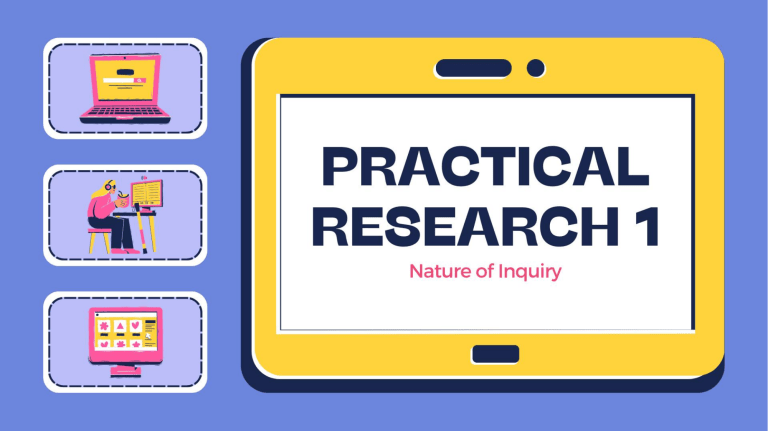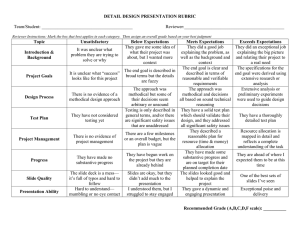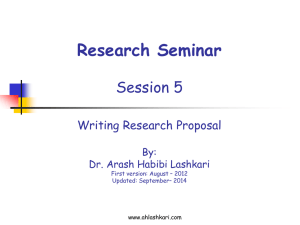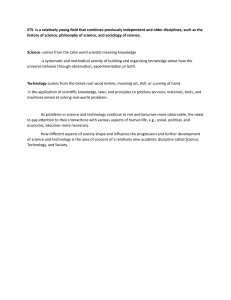
Critical Methodical Replicability Analytical Critical Methodical Experimental 1. Empirical Research: 1. Example: Scientists test a new medicine on patients to see if it really helps them get better. They collect real-world data through experiments and observations. 2. Logical Research: 1. Example: A philosopher thinks really carefully to figure out how being a good person and having freedom are connected. They use clear and sensible reasoning to understand the relationship. 3. Cyclical Research: 1. Example: A scientist studies how the weather goes in cycles over many years—like how summers and winters repeat. They look at past data to understand these repeating patterns. 4. Analytical Research: 1. Example: Someone studies why people buy certain things by looking at what they've bought before, checking who they are, and listening to their opinions. It's like solving a puzzle to understand what people like. 5. Critical Research: 1. Example: A person reads a book and thinks really hard about what the author is trying to say. They question why the author made certain choices and what those choices mean for society. 6. Methodical Research: 1. Example: A psychologist carefully plans an experiment to see if stress affects how well people think. They follow a step-by-step plan, making sure everything is fair and controlled. 7. Replicability Research: 1. Example: Imagine someone says they found a fantastic new way to create clean energy. Another group of scientists tries to do the same experiment to check if it really works. It's like doublechecking to make sure the cool discovery is true.



